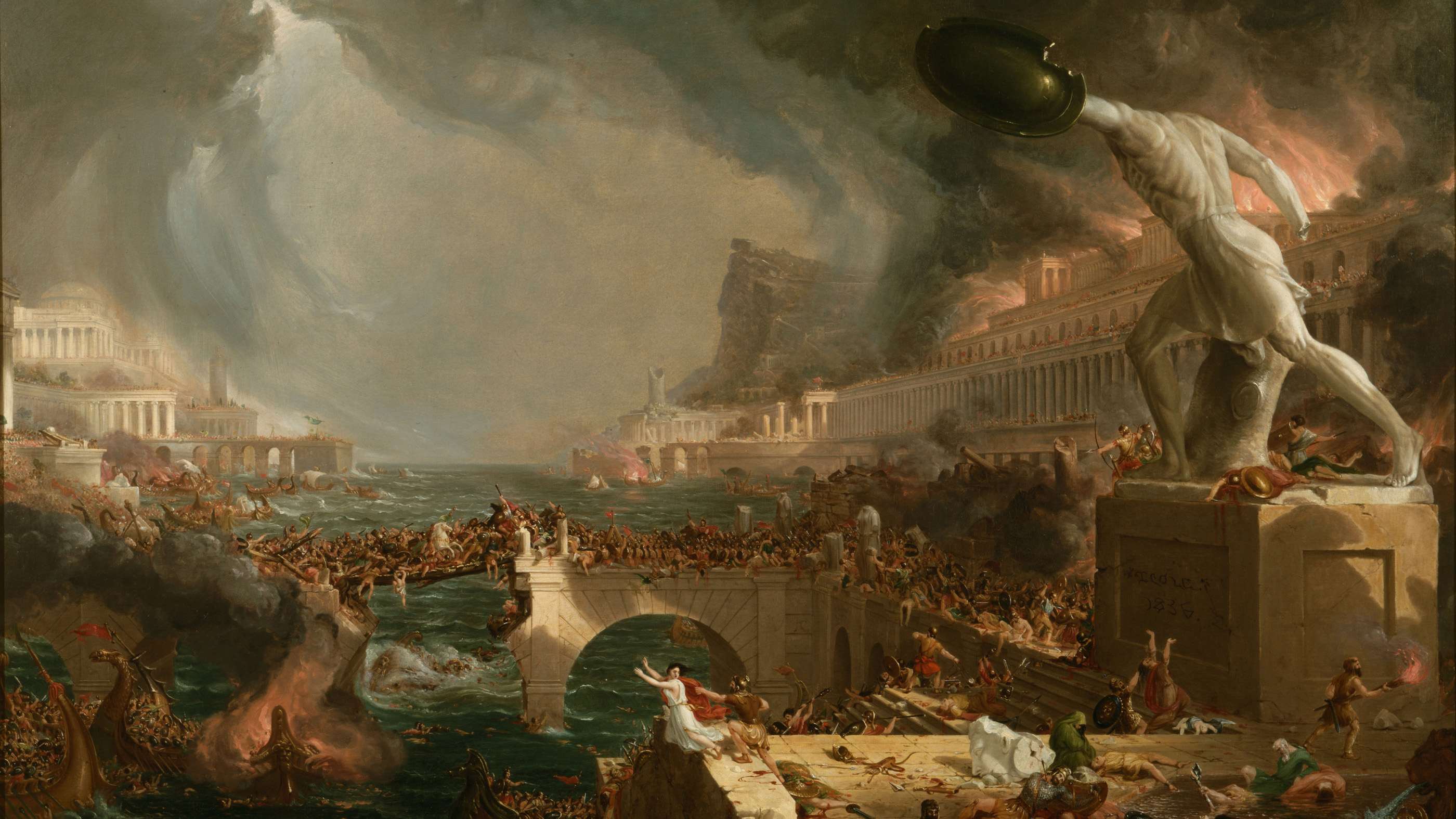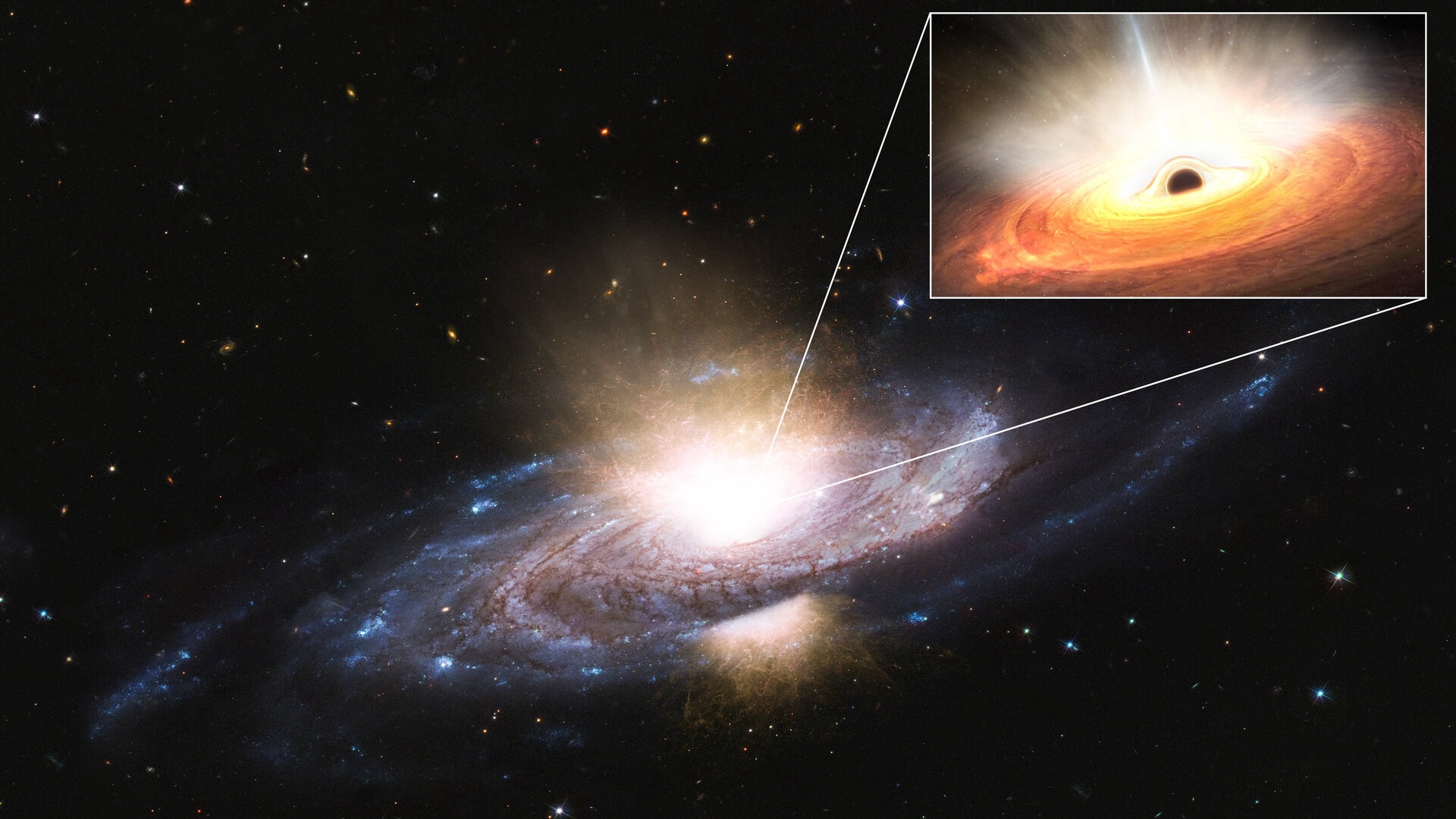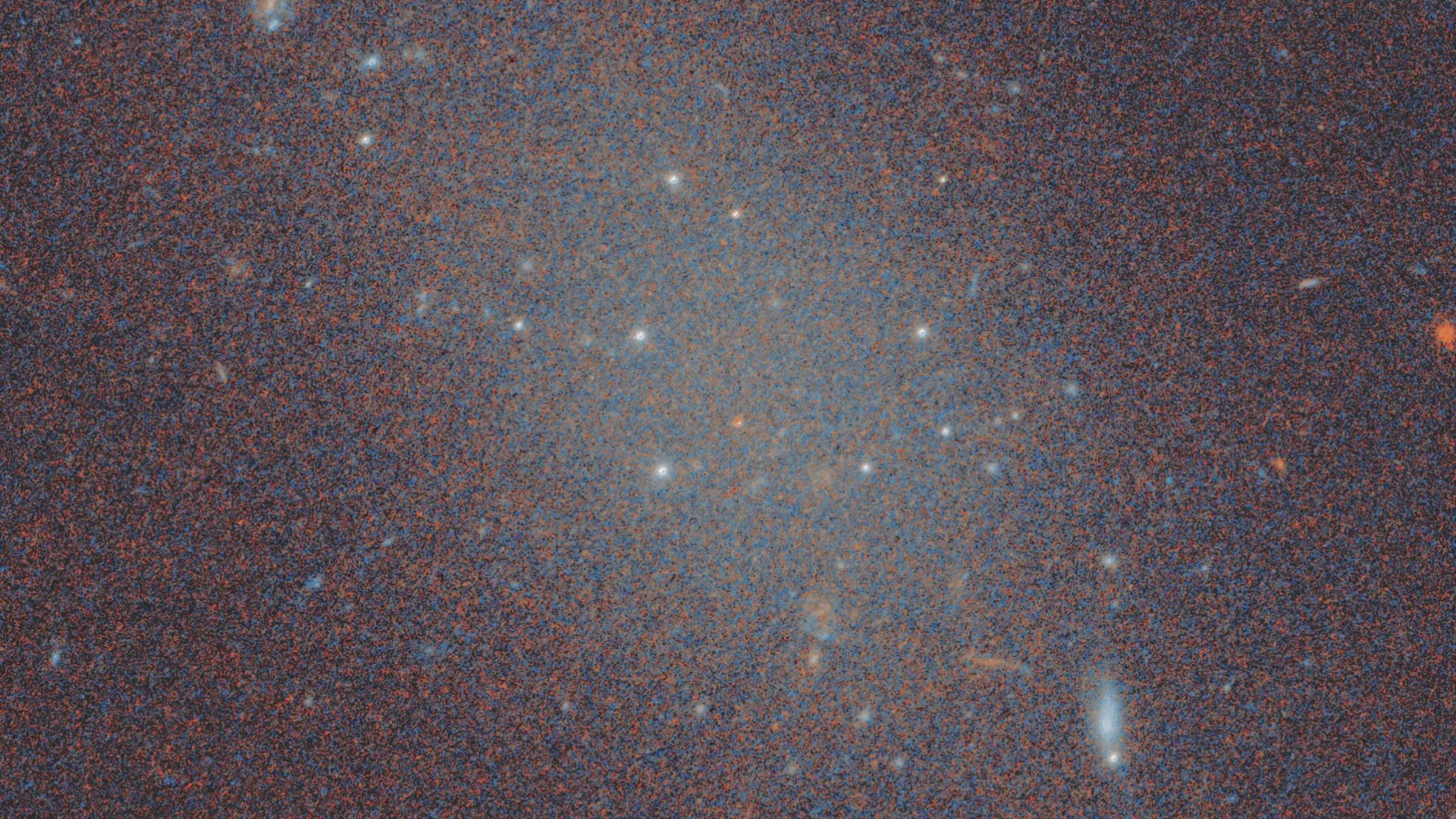Why We 'Play Nice' With Strangers

In large, industrialized societies, people are surprisingly fair and trusting when it comes to dealing with strangers – shoplifters and pick-pocketers are a minority rather than the norm.
But how did we come to play nice with unfamiliar individuals? After all, much of our ancestral history was spent in small, hunter-gather communities, where everyone knew each other.
This pro-social behavior results from a change in social norms that allowed us to trust strangers, a new study suggests. That change is likely linked to a rise in markets where goods are exchanged for money, as well as increased participation in major world religions.
This finding contradicts a previously suggested theory: the idea that we treat strangers fairly because we mistakenly transferred our feelings of kinship to unrelated individuals as societies grew.
The results, based on more than 2,000 participants from 15 societies across the globe, show that "fair" behavior during a bargaining game increases the more a society has incorporated market exchange and world religions.
"Measures of fairness toward anonymous others, in terms of motivations and beliefs, vary dramatically across human societies," said study author Joseph Henrich, an anthropologist at the University of British Columbia, Canada. "And we can explain most of the variation between groups by the degree of market incorporation and the presence of a world religion."
Markets and religion
Sign up for the Live Science daily newsletter now
Get the world’s most fascinating discoveries delivered straight to your inbox.
While humans have likely been exchanging things for thousands of years, most of the past exchanges probably took place amongst people who knew each other, Henrich said. People simply didn't have the type of trust needed for wide-scale exchange with strangers, he said.
But those who did trade with strangers would have had an advantage over other groups, and could have spread at their expense, he said. The researchers think that, in order for market exchange to really take off, societies had to evolve new norms for interacting with strangers.
Similarly, major world religions, with their beliefs about fairness and punishment, could have also influenced changes norms and allowed societies to grow. Religions in small-scale societies tend to lack such moralizing gods that are concerned with generosity toward strangers, Henrich said.
"One of the things that might have occurred through cultural evolution to help build these larger groups, is the evolution of religious systems with supernatural agents that were in some sense police, concerned about those elements of behavior that would facilitate exchange and trade and harmonious groups, allowing groups to get larger and larger," he said.
Bargaining games
To test out these ideas, the researchers studied participants from small-scale communities in Africa, North and South America, Oceania, New Guinea, and Asia. The societies varied in size from 20 to 10,000 people, and in some sense, were meant to serve as a proxy for what life was like before the spread of agriculture, Henrich said.
The subjects played three bargaining games. In one game meant to measure fairness, one player simply had to decide how to divide up a certain sum of money, with the second player having no say in the matter.
In another game, a third player took part, deciding whether to give up some of their allotted money to punish the first player for low offers. All interactions were anonymous.
Very small communities with almost no market integration and less involvement in world religions generally made lower, or less fair, offers during the games, and were less willing to punish unfair offers. On the flip side, the largest societies with the most market integration and world religion participation made higher offers, and were more willing to penalize those who made unfair offers.
"This is consistent with the idea that the expansion of human societies was driven by the evolution of these norms that allowed people to interact with strangers," Henrich said.
The results will be published March 19 in the journal Science.

Rachael is a Live Science contributor, and was a former channel editor and senior writer for Live Science between 2010 and 2022. She has a master's degree in journalism from New York University's Science, Health and Environmental Reporting Program. She also holds a B.S. in molecular biology and an M.S. in biology from the University of California, San Diego. Her work has appeared in Scienceline, The Washington Post and Scientific American.
Why is yawning contagious?
Scientific consensus shows race is a human invention, not biological reality









